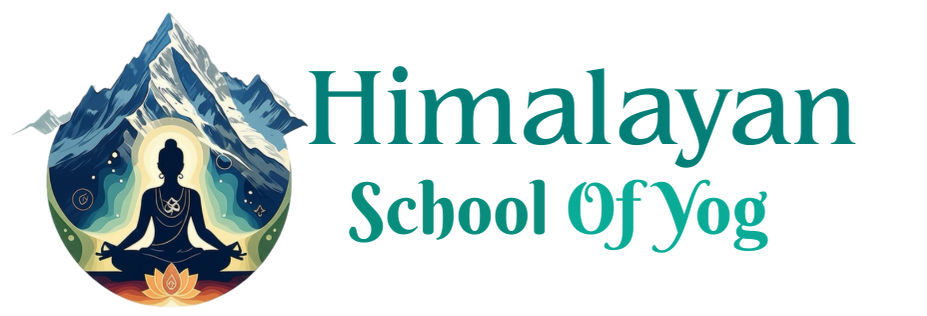What Is Yin Yoga?
Yin yoga is a unique and contemplative form of yoga that focuses on deep stretches and prolonged holds, promoting flexibility and stillness. Unlike its more dynamic counterparts, Yin yoga involves passive postures that target the connective tissues, Yin Yoga for Mind and Body Balance such as ligaments, fascia, and even joints. The essence of Yin lies in surrendering to each pose, allowing gravity to do the work as you hold positions for an extended period.
Where Did Yin Yoga Begin?
Originating in ancient China, Yin yoga draws inspiration from Taoist philosophies and Traditional Chinese Medicine. The practice was later introduced to the West by Paulie Zink, a martial arts expert, and gained further popularity through the teachings of Paul Grilley and Sarah Powers. Its roots in Eastern philosophy emphasize the balance of Yin and Yang energies, where Yin represents stillness, passivity, and the feminine, complementing the more dynamic, active, and masculine qualities of Yang.
Key Principles and Yoga Practices
Yin yoga is guided by several key principles that distinguish it from other yoga styles. The primary principle involves holding poses for an extended duration, typically ranging from 3 to 5 minutes or even longer. This extended time allows the body to sink into the pose, reaching deeper layers of connective tissues. The practice also encourages mindfulness, with a focus on breath awareness and observing sensations without judgment.
The asanas (poses) in Yin yoga are often seated or reclined, targeting specific areas such as the hips, lower spine, and thighs. Props like bolsters, blankets, and blocks may be used to support the body and enhance the experience. The slow, deliberate nature of Yin yoga fosters a meditative state, promoting self-awareness and inner exploration.
What Is the Purpose of Yin Yoga?
Yin yoga serves multiple purposes, both physical and mental. On a physical level, it enhances flexibility and joint mobility, releasing tension stored in the connective tissues. The long holds also stimulate the flow of energy through the body’s meridians, aligning with the principles of Traditional Chinese Medicine.
Mentally, Yin yoga provides a space for introspection and mindfulness. The stillness invites practitioners to observe their thoughts and emotions, fostering a sense of inner peace and tranquility. The practice becomes a journey inward, allowing individuals to connect with their deeper selves.
Benefits Of Yin Yoga
The benefits of Yin yoga extend beyond the mat, positively impacting various aspects of well-being.
- Improved Flexibility: By targeting connective tissues, Yin yoga increases joint flexibility and range of motion.
- Stress Reduction: The meditative nature of Yin yoga promotes relaxation, reducing stress and anxiety levels.
- Enhanced Circulation: The prolonged holds stimulate blood flow, nourishing tissues and supporting overall circulatory health.
- Balanced Energy Flow: Yin yoga aligns with the concept of meridians in Traditional Chinese Medicine, helping balance the body’s energy flow.
- Joint Health: The gentle stress on joints contributes to their health and may alleviate discomfort in areas prone to stiffness.
- Mind-Body Connection: Through mindfulness and introspection, Yin yoga fosters a deeper connection between the mind and body.
Can Beginners Do Yin Yoga?
Absolutely! Yin yoga is accessible to practitioners of all levels, including beginners. The practice’s slow pace allows individuals to ease into poses gradually, and modifications can be made to accommodate varying levels of flexibility. Beginners are encouraged to focus on their breath, listen to their bodies, and not push themselves too far too soon.
Is Yin Yoga for Me?
Yin yoga is suitable for a wide range of individuals, but its appeal may vary based on personal preferences and goals. If you enjoy a slower, more introspective practice and are looking to complement more active forms of exercise, Yin yoga might be a perfect fit. It is particularly beneficial for those dealing with stress, joint stiffness, or seeking a mindful practice to enhance overall well-being.



